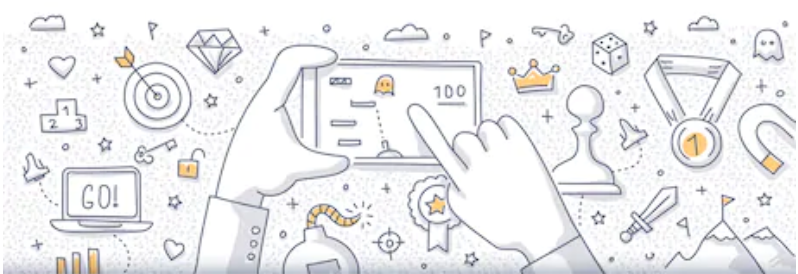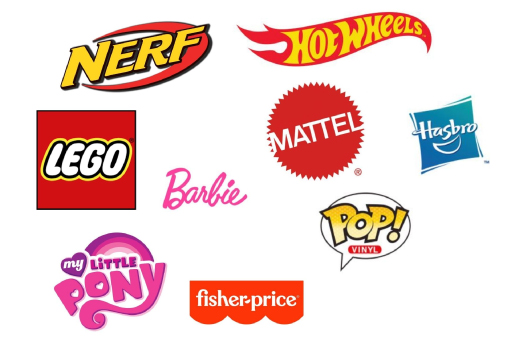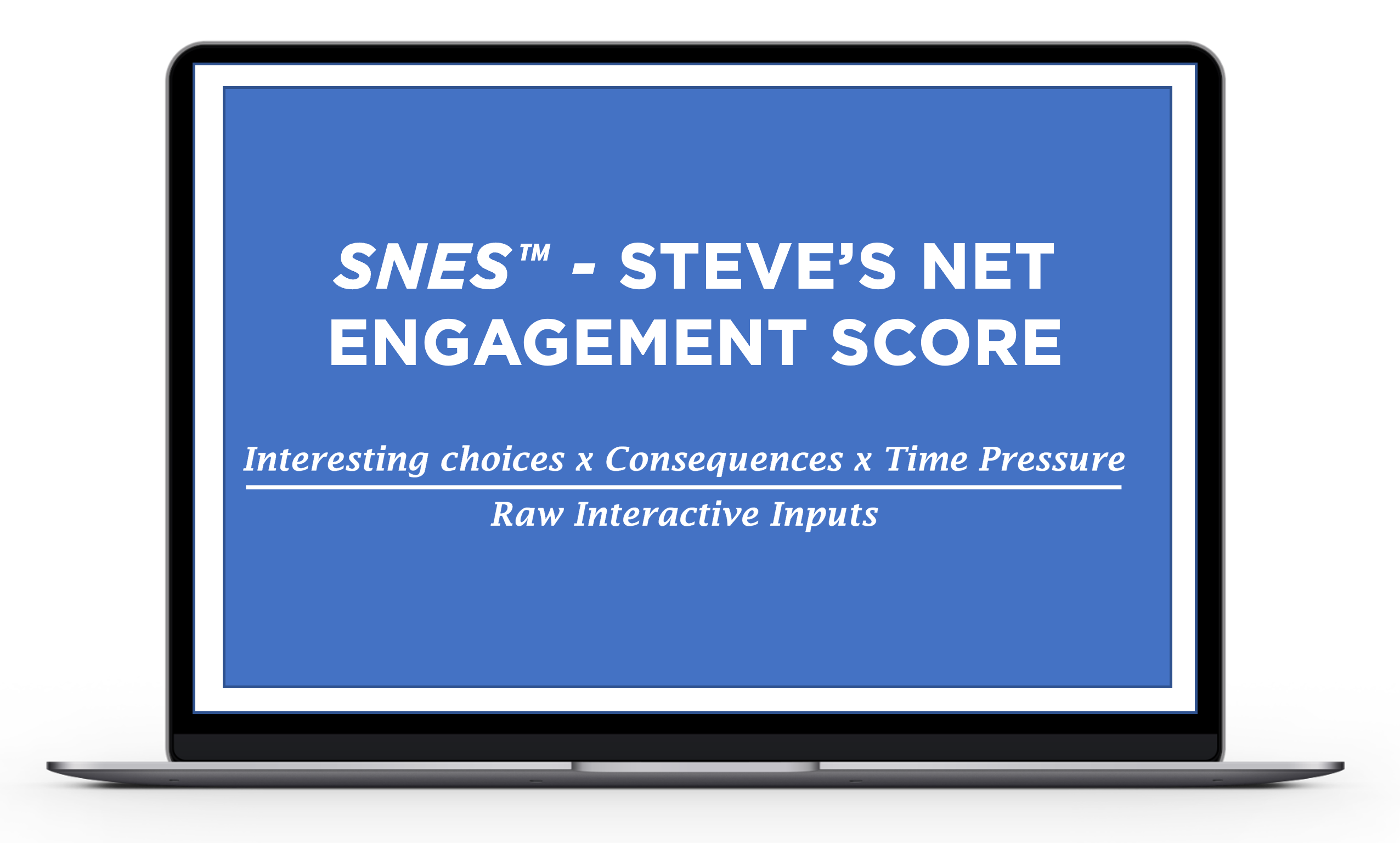Has Gamification’s Time Finally Come?
jodithepug
Posted on August 3, 2023 - 0 Comments

by Steve Bocska
Steve is the CEO and founder of PUG Interactive Inc., a company specializing in maximizing lifetime customer value through relationship orchestration. With over 20 years of experience in the gaming industry, Steve focuses on applying loyalty, engagement, and gamification to enhance user experiences in non-game contexts.
We gameplay designers have been using points, levels, and achievements in video games for decades. They have become very useful items in our toolkits for accomplishing some very specific things: acknowledging your milestones of progress, communicating where you are in the narrative, or helping point out things you might have missed. But their usefulness stops there. When we need deeper layers of engagement, we draw upon more sophisticated things like skills mastery, elements of chance, layered rule sets, social interactions, and more.
Expecting points, badges, and achievements to create sincere user engagement and motivation is like suggesting people should throw away the chocolate bar and just be happy enjoying the wrapper. Even so, many advocates of gamification remain firmly convinced that every desired customer or employee action needs to be blindly tracked, rewarded, quantified, and worse, ranked on a leaderboard without any regard for the characteristics or culture of the community as a whole.
Let’s focus on leaderboards for a moment.
True, they invoke strong competitive tendencies. And granted, they may be a fine way to recognize relative progress among a passionate community who enjoys the thrill of rivalry and one-upsmanship. But for communities drawn together by common values or working together towards more collaborative goals, rankings and leaderboards can introduce destructive behaviors and interactions that can spell disaster.
I think this sums up quite nicely:

People can be persuaded by using simple psychological principles to influence our behavior, like keying on fears or aspirations. True, some regard this as a pitiless form of manipulation since it often targets our vulnerabilities and emotional responses to elicit a specific response. But even in the face of these influences, we nonetheless remain otherwise empowered to form our own reactions – and respond accordingly. Each one of us has full jurisdiction and ownership over our emotional receptors, having experience things that have shaped and prioritized them over the course of our lives. And while marketers do their absolute best to amplify our insecurities and fears, we are still making free choices – for very personal reasons – about how we manage those emotions and our reactions.
Feeling your receding hairline is gnawing away at your virility? Rub some Rogaine on your scalp.
Think that potbelly won’t go over well at the job interview? Sign up to Orange Theory.
Want to be less repulsive to the opposite sex? Chew some Trident.
What these clever marketers are not-so-subtly doing here is presenting a dilemma asking you to consider the trade-off between satisfying your emotional triggers (fears and insecurities) and economic security (dollars in my pocket). Yet despite their persuasive contentions, at the end of the day you’re still in full control of interpreting their messages, filtering them against your own internal cognitions, and choosing how to respond. So, if being bald, jobless, and friendless isn’t worth $62.19, then even the most ruthless marketer is likely to concede that you should then be entitled to keep your money.
And while you can condemn marketers for playing on our deepest anxieties and insecurities to sell their products, we nonetheless always remain free at any time to redefine and rebalance our values. It’s precisely our acknowledgement of this that make us much more inclined to blame ourselves for responding to clever marketing rather than to blame the company for laying the trap.
Don’t get me wrong, I’m not suggesting that the world would be improved with more marketing campaigns. But on their own, the “gamification” staple of dishing out points and badges for desired behaviors are a much less honorable form of manipulation.
Do these tactics work in the short-term? Possibly. We’ve seen plenty of “gamified” applications reporting metrics suggesting astonishing degrees of user engagement. But this does not surprise me in the least, as I never cease to be amazed at the lengths people will briefly go to in order to feed their inner OCD demons to boost points totals, level-up to “Grand Master,” or battle their way up a few more spots up the leaderboard.
Yet even the unfortunate souls whose get temporarily sucked into “points & badges” reward schemes will eventually realize the absurdity of jumping through hoops to gain advantage within an imaginary economy. Even worse, those who permit themselves to commit further to the scheme will become increasingly likely to acknowledge their insincere or involuntary actions and simply consider them as a “fair payment” for the reward they get!
Keep Reading...

World of PUG Blog April 3, 2024
PUG Announces Launch of AI-Driven Intelligent Rewards System (IRS)
by Steve BocskaPress ReleaseFOR IMMEDIATE RELEASEPUG Interactive Launches Intelligent Rewards

World of PUG Blog April 3, 2024
PUG Interactive Unveils InsightPulse: A Revolutionary Predictive AI Analytics Dashboard
by Steve BocskaPress ReleaseFOR IMMEDIATE RELEASEPUG Interactive Unveils InsightPulse: A

World of PUG Blog March 21, 2024
Building Bonds: The Future of Family-Focused Loyalty Programs
by Steve BocskaThe children's toy industry, home to iconic brands


